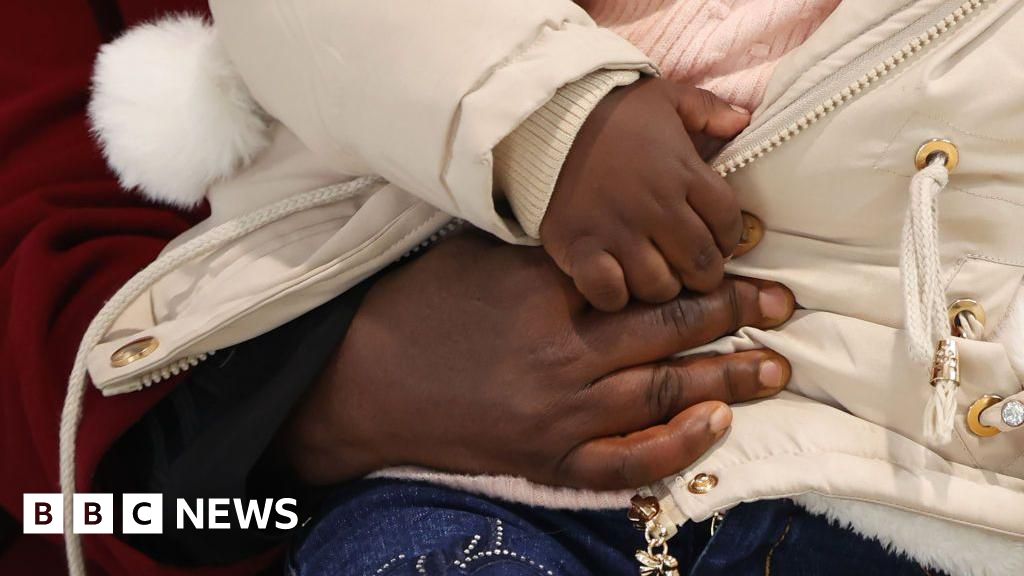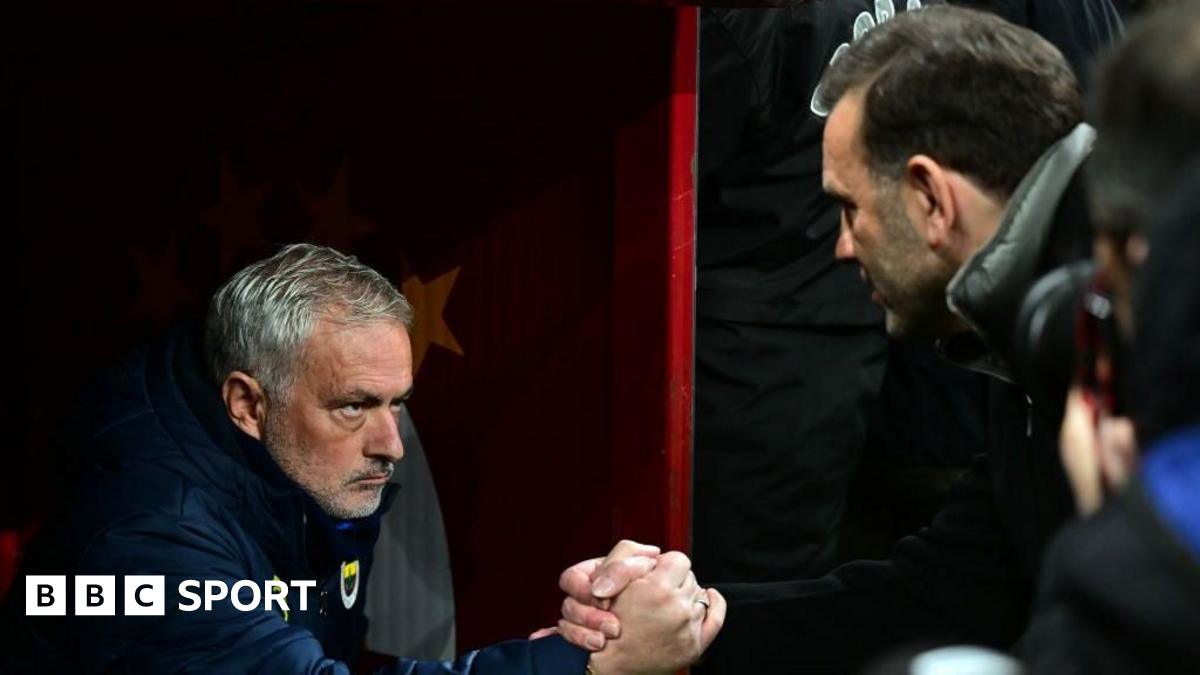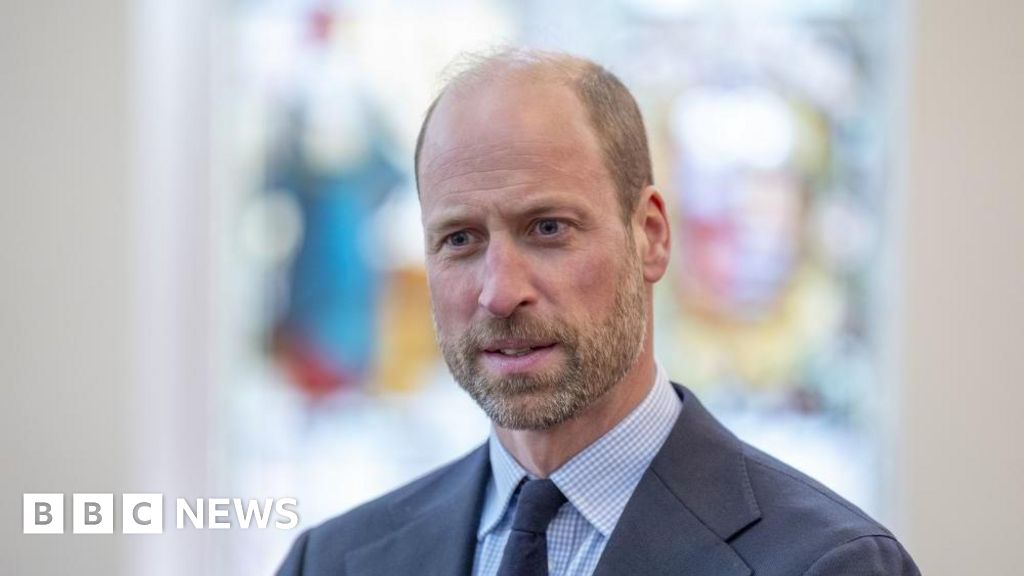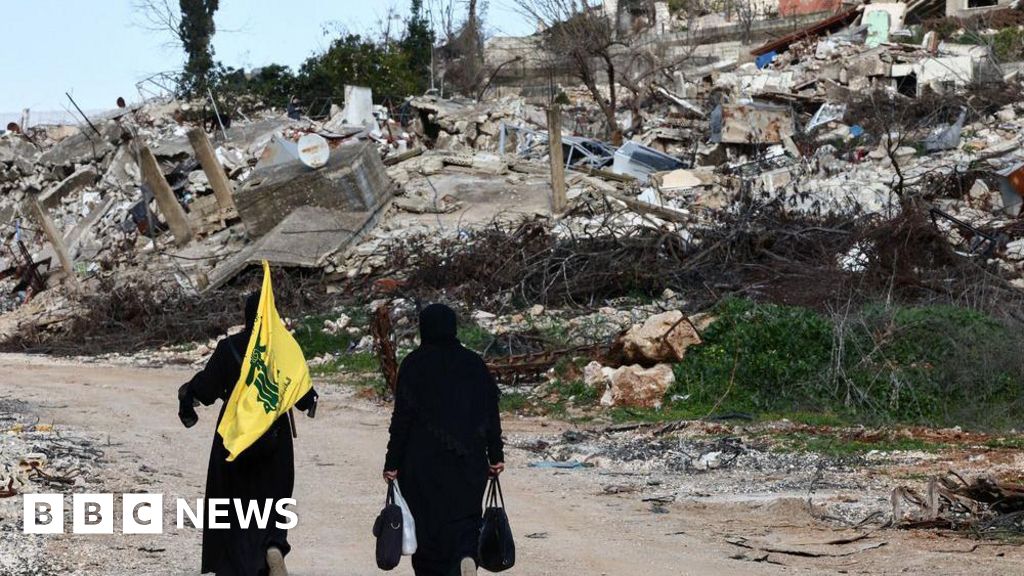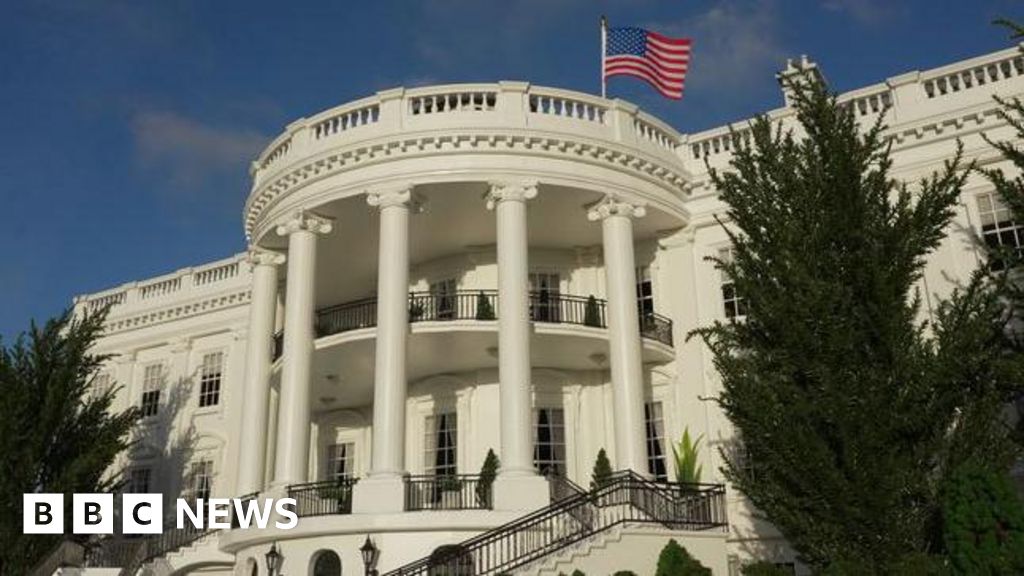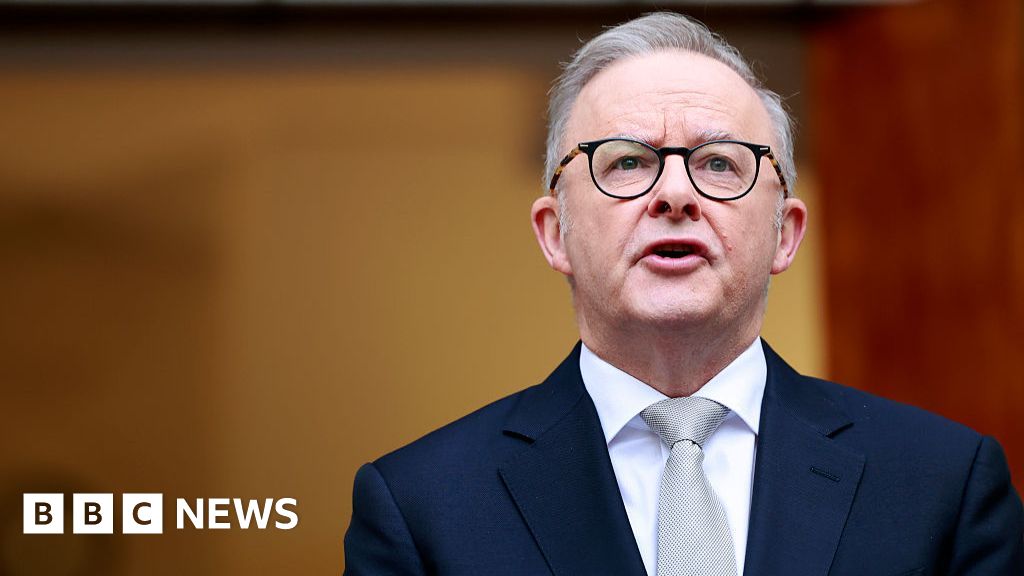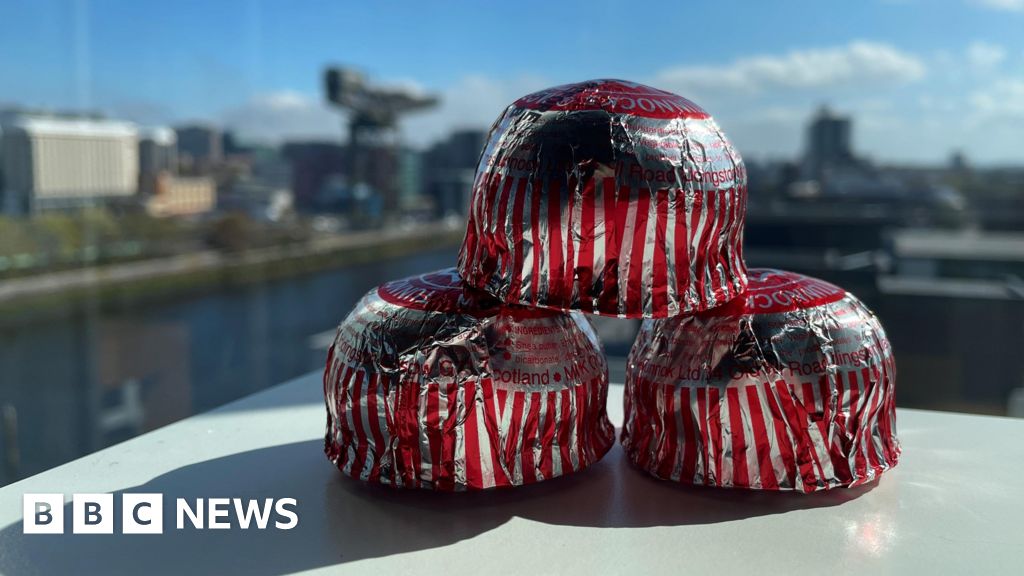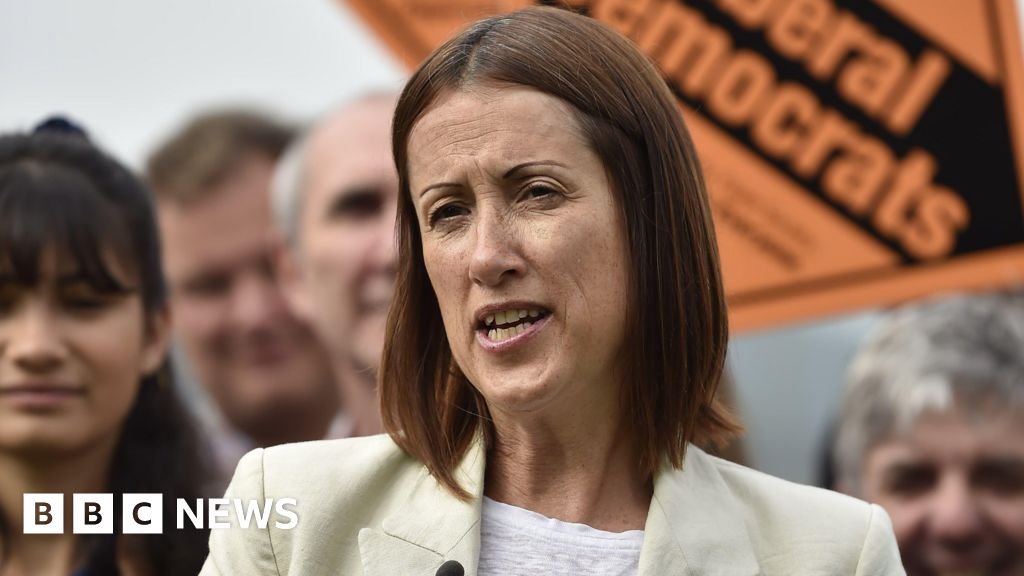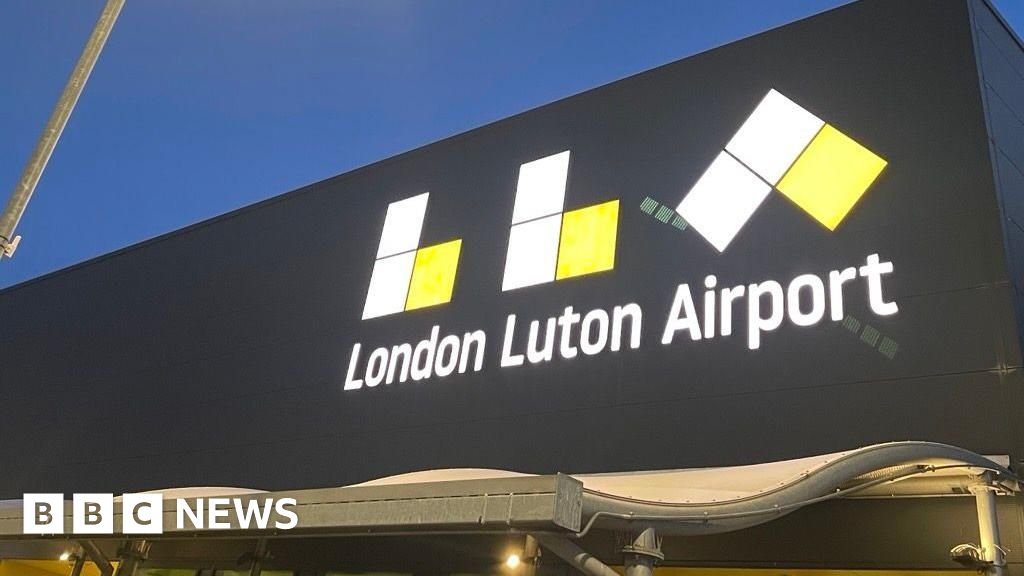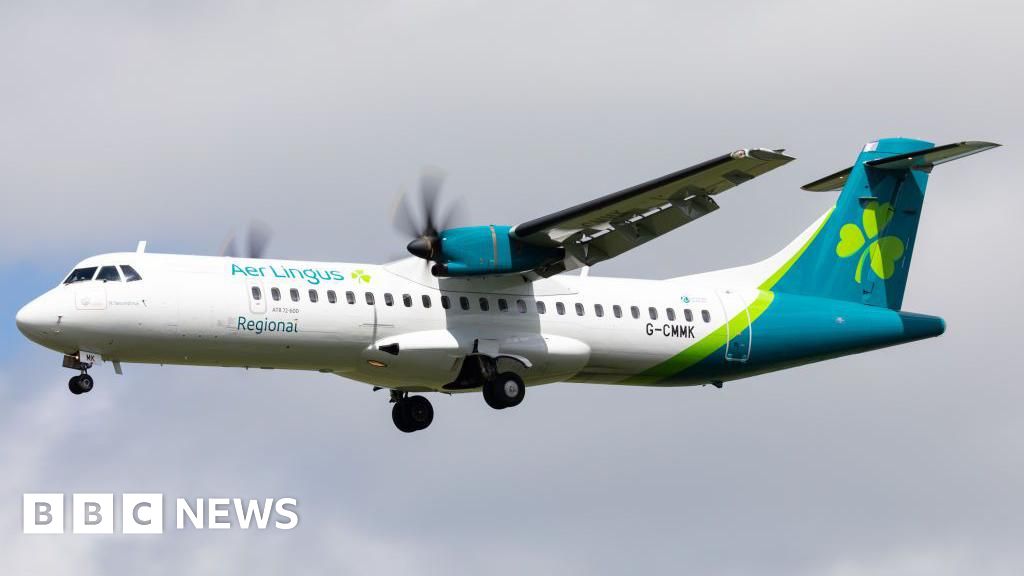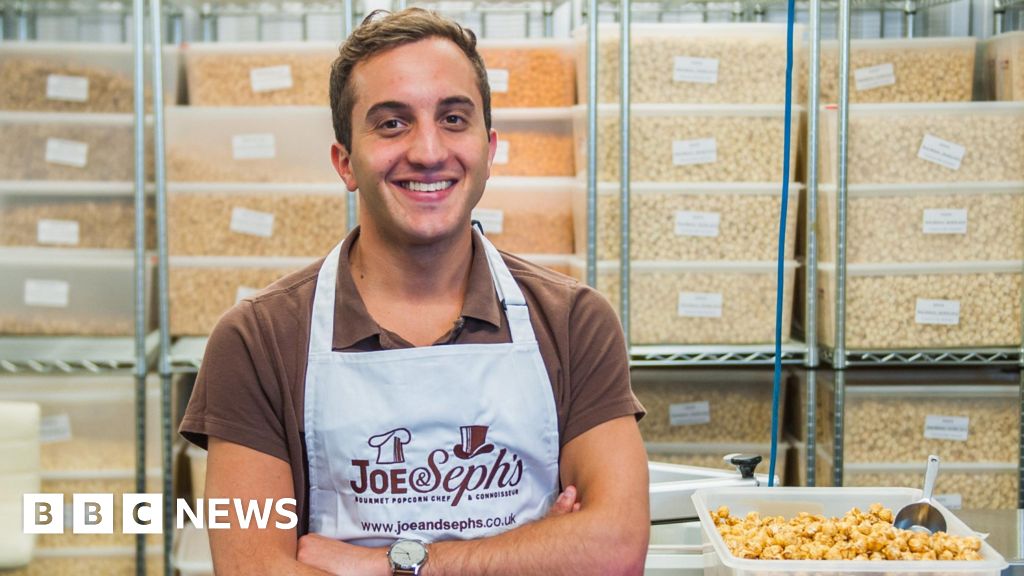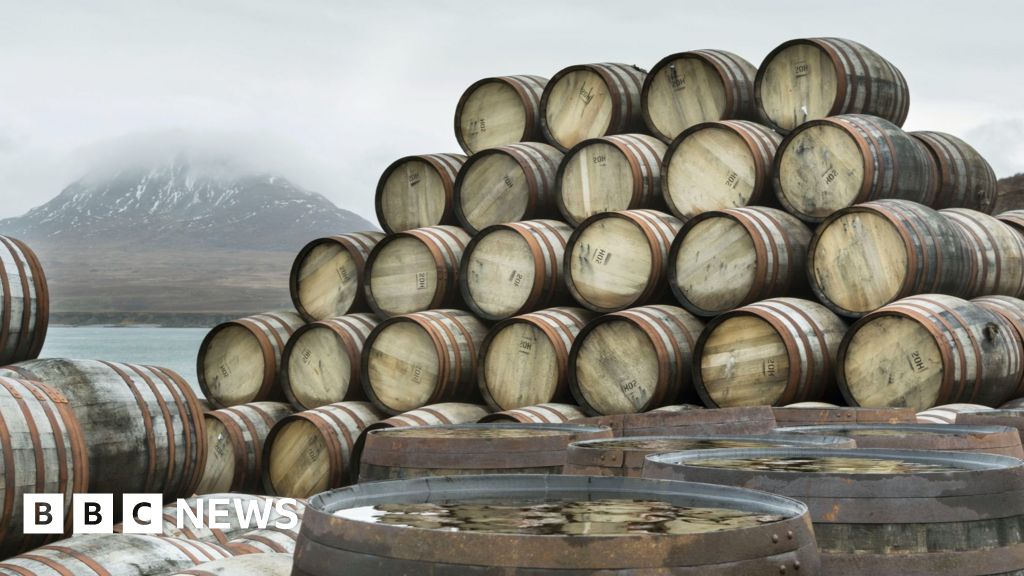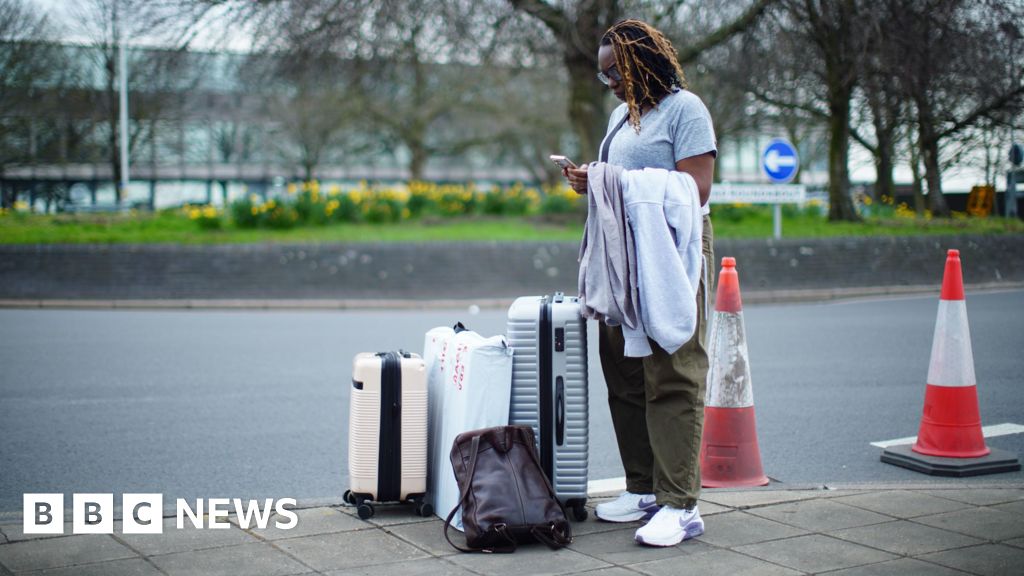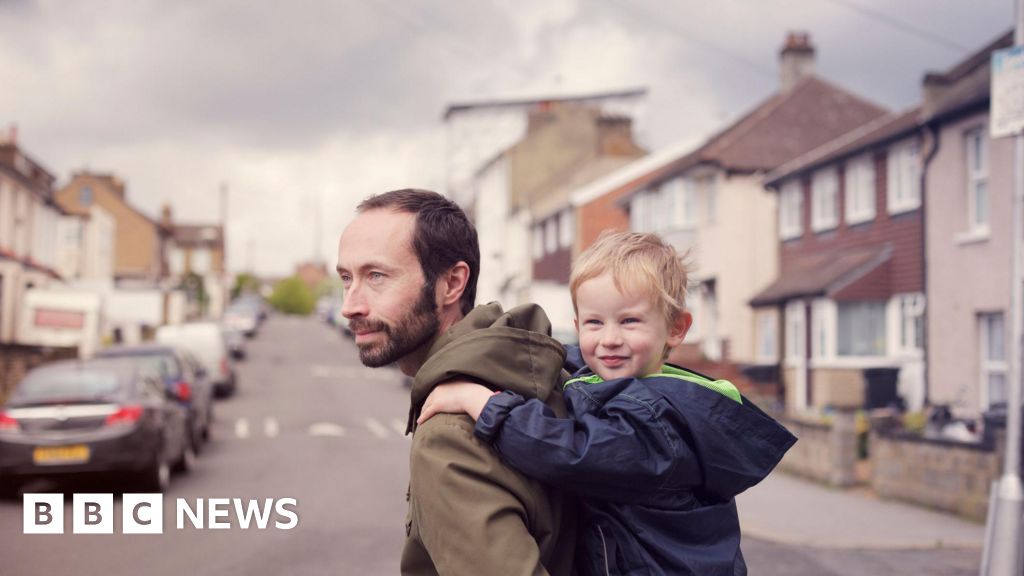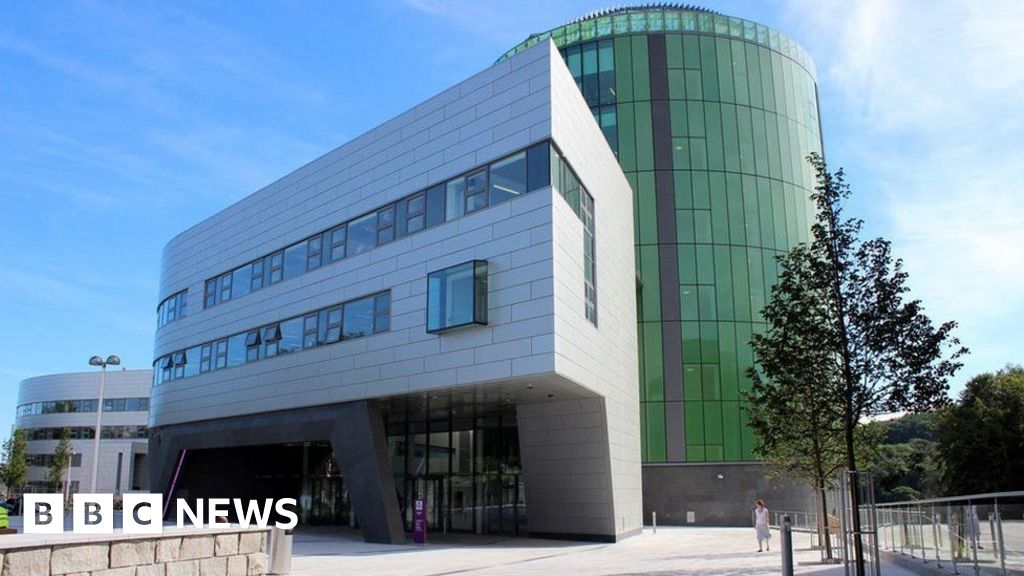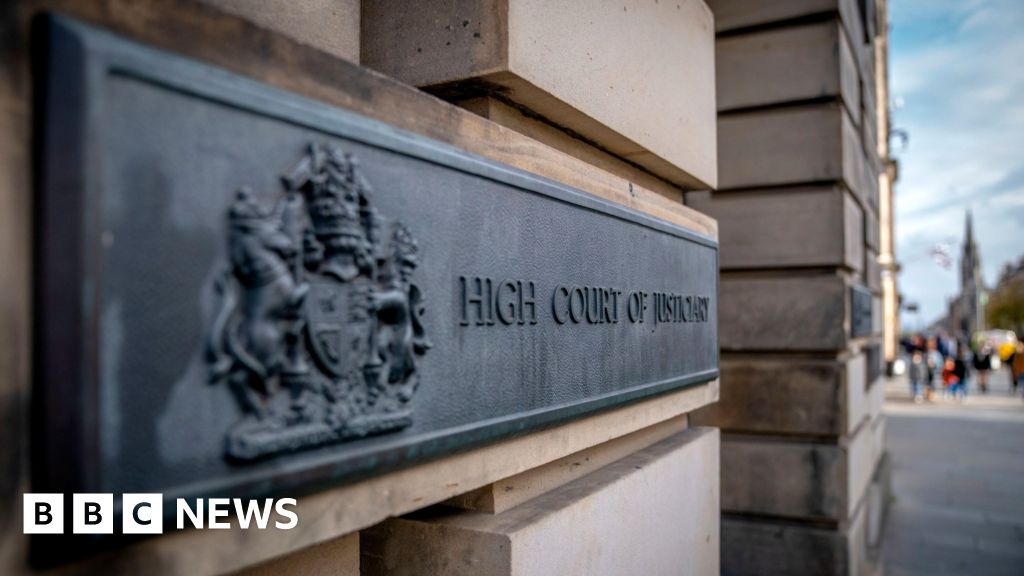Sixty years ago, Tunnock’s teacakes were banned from RAF flights after they exploded in a cockpit.
They left a sticky mess over the airmen, their instruments and the cockpit’s canopy.
The chocolate-covered marshmallow treats had apparently been all the rage prior to this – being eaten by crewmen as they flew nuclear bombers on long training sorties at the height of the Cold War.
But the ban has now been lifted after the RAF Centre of Aerospace Medicine carried out tests in an altitude chamber and the teacakes did not explode.
It was the summer of 1965 when a captain and student pilot forgot they had placed unwrapped teacakes above their instrument panels.
When the captain pulled an emergency depressurising switch in a training mission the iconic Scottish treat erupted.
The new tests were carried out at the RAF Centre of Aerospace Medicine under strict conditions.
First they were put into an altitude chamber – normally used in the training of new fast jet pilots – and were lifted to 8,000ft, climbing at 4,000ft per minute,
They were then rapidly decompressed to 25,000ft in three seconds to see if they would blow up.
As air pressure in the chamber decreased, the air inside the teacakes expanded until the chocolate cracked and the mallow filling puffed out.
However, although the mallow escaped from their chocolate casing, they did not explode and cause a risk to in-flight safety.
It was also discovered that when they were frozen before being placed in the chamber, their hardened shells were more resilient to cracking at altitude.
Pilots have been allowed to take them back in the cockpit but have been offered some advice by Dr Oliver Bird, an instructor at the RAF Centre of Aerospace Medicine, who carried out the tests.
“The best advice is that the snacks are kept frozen and in their foil wrappings until pilots are ready to consume them,” he said.
Tunnock’s, based in Uddingston, near Glasgow, has been contacted for comment.


